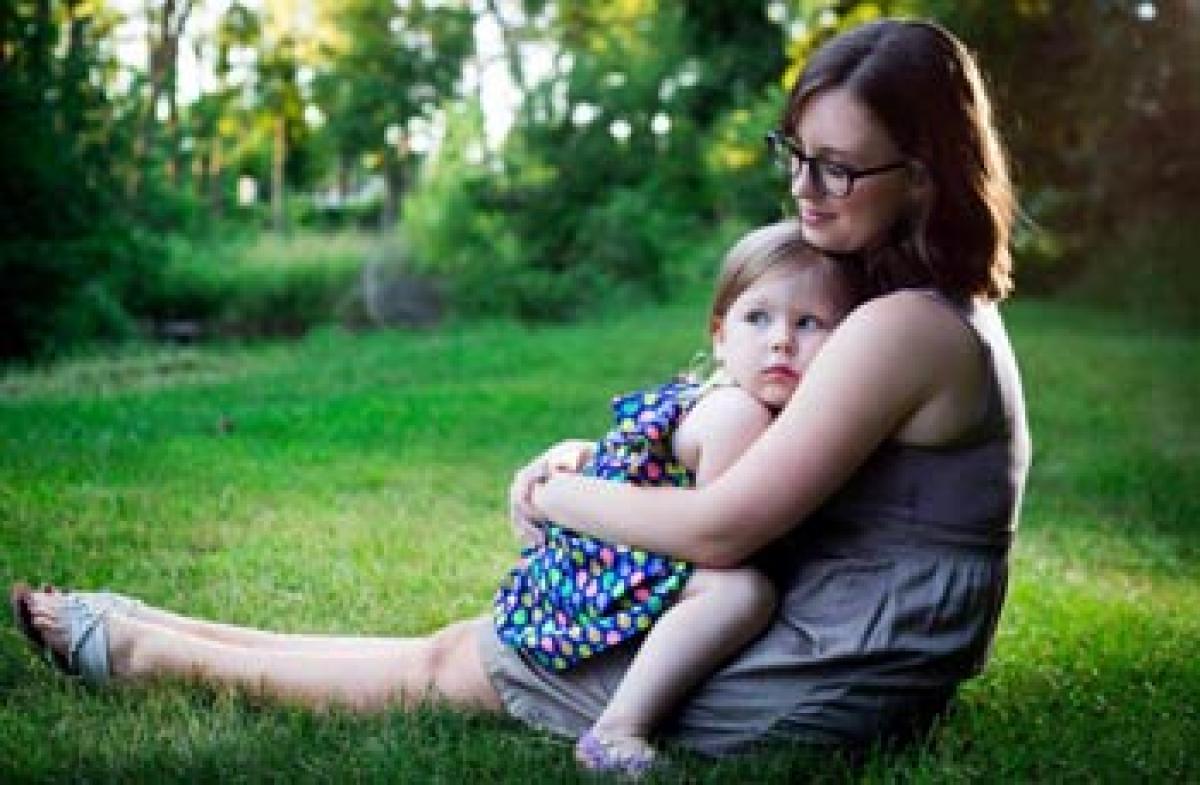Live
- SBI rescues sr citizen from `46L cyber fraud
- 12-yr-old dies of electrocution
- Installation of smart meters opposed
- State Cabinet expansion in focus as CM leaves for Delhi
- Need to reintroduce country’s forgotten pride: Bhagwat
- Pant shatters Iyer's IPL auction record, sold to Super Giants for Rs 27 cr
- Yuva Sangeetha Sammelanam held
- Dharani proves a bane for 25K families across State
- Reckless, Dangerous Arms Race
- Russia needs a peace deal as it is running out of soldiers
Just In

Although young mothers may be aware of safe sleeping practices for curbing sudden infant death or crib death, quite a few of them do not follow these believing that their instincts are more accurate, researchers report.
Although young mothers may be aware of safe sleeping practices for curbing sudden infant death or crib death, quite a few of them do not follow these believing that their instincts are more accurate, researchers report.
Teenage mothers believed that their instincts were more accurate than anyone else's, even when those instincts are in direct contradiction to expert advice and safe sleep recommendations.
Sudden unexpected infant death (SUID) which includes sudden infant death syndrome (SIDS) is the leading cause of death in infants one month to one year of age, and maternal age less than 20 years is associated with an increased risk of SIDS.
"We sought to understand participants' information sources and factors motivating decision-making about their infants' sleep practices," said lead researcher Michelle Caraballo from the University of Colorado in the US.
The team recruited 43 teenage mothers from high school day-care centres to participate in seven focus groups about safe sleep for their infants (2-21 months of age).
The findings suggest that most of the teenage mothers were familiar with SIDS and the recommendations against co-sleeping and the use of blankets and pillows in the baby's sleeping area.
"We learned that almost all teenage mothers were already aware of the recommendations, yet they were making deliberate decisions to practice unsafe behaviours," Caraballo added in the paper published in The Journal of Pediatrics.
The most prevalent reasons given for co-sleeping were the perception that babies seemed to sleep better and were safest in bed with them and many used blankets because they thought that babies are more comfortable with blankets. "Teenage mothers should be asked to improve safe sleep behaviours," the authors suggested.

© 2024 Hyderabad Media House Limited/The Hans India. All rights reserved. Powered by hocalwire.com







